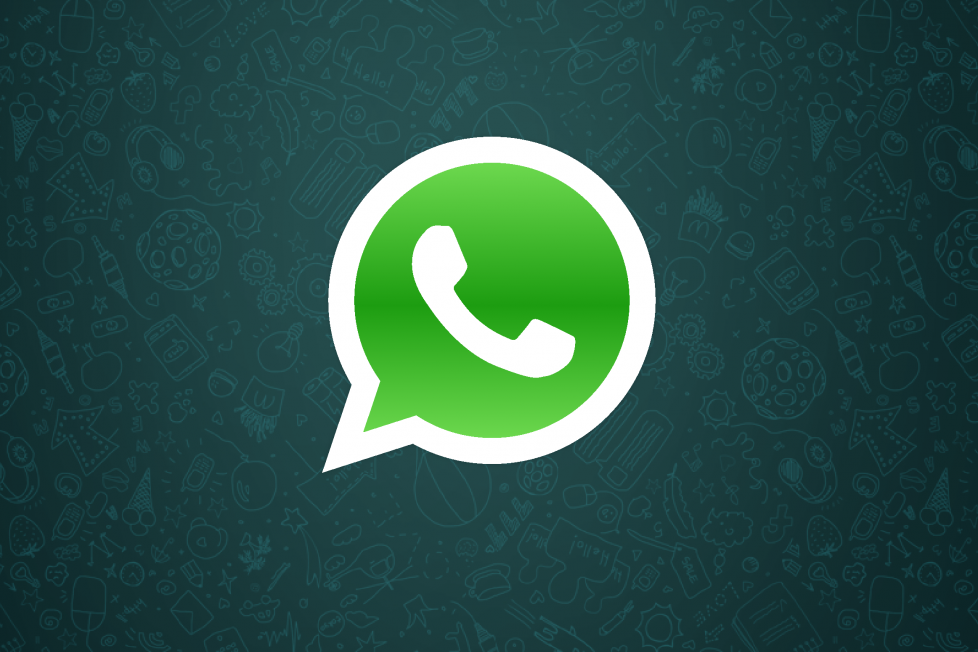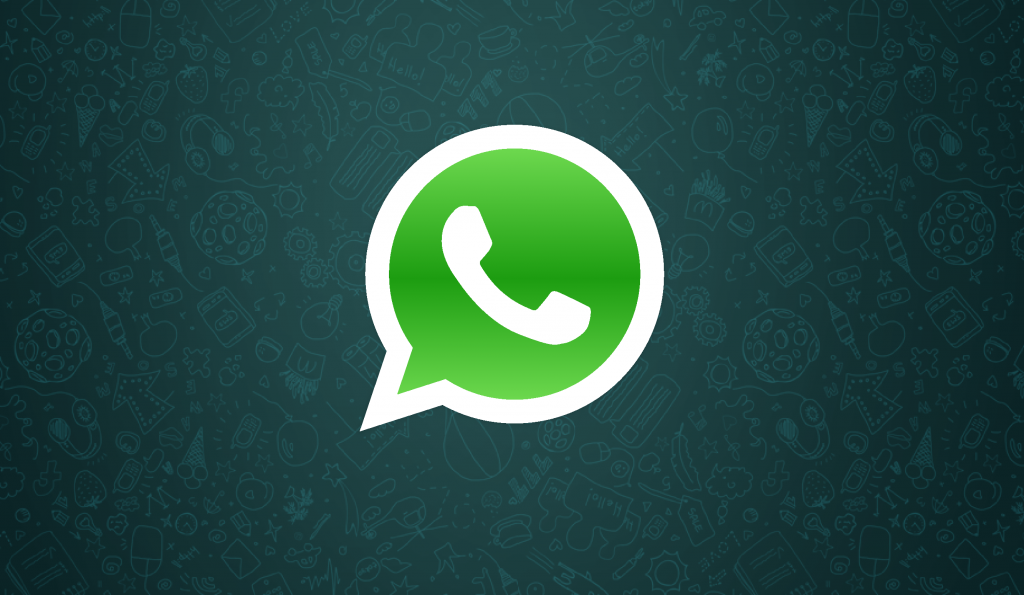WhatsApp or VIber? Who Holds A Better Future?

Recently a Professor of at Law School Tim Wu was given credits for introducing the concept of Net Neutrality in his papers published in 2003 in his research. It actually took some time to reach the Indian audience, but till past few weeks, it was an obscure in India.
When Telecom operators along with e-commerce portals, internet services providers, politicians began to lobbying to bring franchise method in India by charging different rates for various websites, the subject of net neutrality has gone as the top of the mind subject.
These two words that made headlines in the online media and have risen as a great prominence like never before. Some have grasped the concept of net neutrality easily, when some too time to understand the entire concept. In simple words, Net Neutrality means the telecom service providers means that all the telecom service providers must treat all the internet traffic on an equal basis, irrespective of its type of origin of the content or any means that is used to transmit packets.
All the points related to the concept of network should be connected to all the other points in the network and service providers that should be able to deliver the traffic from a point to the other seamlessly, without any kind of difference on the speed and access or price. This simply means all the traffic related to internet should be treated equally. Even the big companies protested for some of the upcoming brands like Samsung Galaxy Note 5, flipkart , Internet.Org
, Internet.Org

It all started with the Indian’s largest telecom operator Bharti Airtel which is led by billionaire Sunil Mittal has announced that it has plans to start charge users an extra money for services like Skype. It gave indications that its internet or data plans give customers discount rates that will eb only available for browsing the internet and will be excluded from Voice over IP services (VoIP). VoIP services include several services like Skype, Line and Viber that typically let the user make free calls through the internet.
for services like Skype. It gave indications that its internet or data plans give customers discount rates that will eb only available for browsing the internet and will be excluded from Voice over IP services (VoIP). VoIP services include several services like Skype, Line and Viber that typically let the user make free calls through the internet.
When this happened, all the online population raised against this and started sending mails to Telecom Regulatory Authority of India (TRAI), Airtel dropped its plan to charge an extra amount for internet communication services such as Skype, amid the debate on allowing the equal access to the web content and a blackash from the subscribers.
However, the incidents created enough doubt on the corporate companies that they can put a threat to the net neutrality. If this happens, we may not be able to access to all the websites like before and we need to buy separate packages for accessing few sites like mentioned above. This looks like an advantage for the big corporate in the telecom operators and also for the e-commerce portals, but when it comes to the newbies in the business, it is an obvious threat. This situation will not allow the small business grow in the field and hence it will pull us back to the olden days where we used to send messages through Short Messaging Service with a few charges instead of sending them in applications like WhatsApp and their Whatsapp Status how we are doing now.
